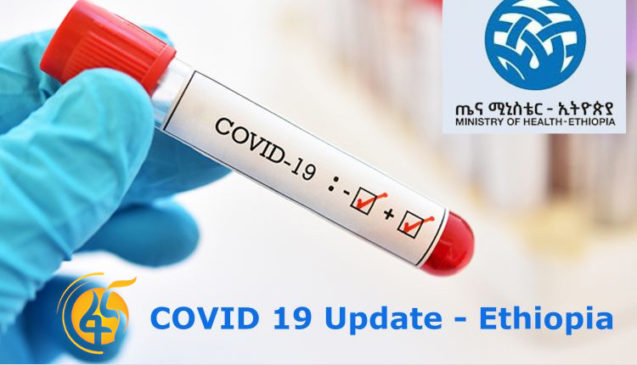U.S to support Ethiopia’s efforts to strengthen health sector
 Addis Ababa, Ethiopia -(ENA) The U.S. announced plan to support Ethiopia’s efforts to strengthen the health workforce.
Addis Ababa, Ethiopia -(ENA) The U.S. announced plan to support Ethiopia’s efforts to strengthen the health workforce.
Speaking at the 2nd annual meeting of Medical Education Partnership Initiative (MEPI) here Tuesday, US Ambassador to Ethiopia Donald E. Booth said the U.S will provide support through the U.S. President’s Emergency Plan for AIDS Relief (PEPFAR) towards the same goal.
Ambassador Booth said supporting Ethiopia’s efforts to strengthen the health workforce has been a top priority for the US.
The Ambassador said the US government is also providing additional resources to improve pre-service for medical schools other than those participating in MEPI.
PEPFAR is now supporting the government’s efforts to ensure a quality education for the next generation of doctors.
It supports over 4.5 million people on antiretroviral treatment and incidence of new infections has decreased in 22 countries in sub-Saharan Africa.
The world is now on a path towards the elimination of mother to child transmission of HIV and the goal of an AIDS free generation is now a realistic aspiration for all, the Ambassador said.
In a message delivered through a representative, Health Minister Dr. Tedros Adhanom on his part said training capacity of medical schools and other health science colleges is being expanded in the country.
Dr. Tedros said enrollment capacity of medical schools has grown to 3100 in the last academic year from 336 in 2004/05 academic year.
The number of public medical schools (university and hospital-based) has also increased to 23 from five in the same period.
He said the government is undertaking various activities to ensure the quality of medical education and also lauded support of the US in all spheres of Ethiopia’s development endeavours.
Research and Technology Transfer Vice-President with the Addis Ababa University (AAU), Professor Masresha Fetene on the occasion said the MEPI project has come at a point in time when addressing a critical national shortage of health care providers is started.
Professor Masresha said MEPI is instrumental in developing and implementing interventions that will assure the output of well qualified physicians, foster capacity of faculty to engage in locally relevant research and contribute to career development opportunities and incentives, among others.
MEPI President with Medical School of the AAU Associate Professor Miliard Derbew also said medical schools in Addis Ababa, Hawassa and Haremaya universities as well as the defense force medical college have been equipped with sufficient textbooks in the efforts to ensure the quality of medical education.
Prof. Miliard said MEPI program is very unique as it complements the government’s efforts to scale up the training of human resources for health while maintaining or even improving the quality of training, among others.



